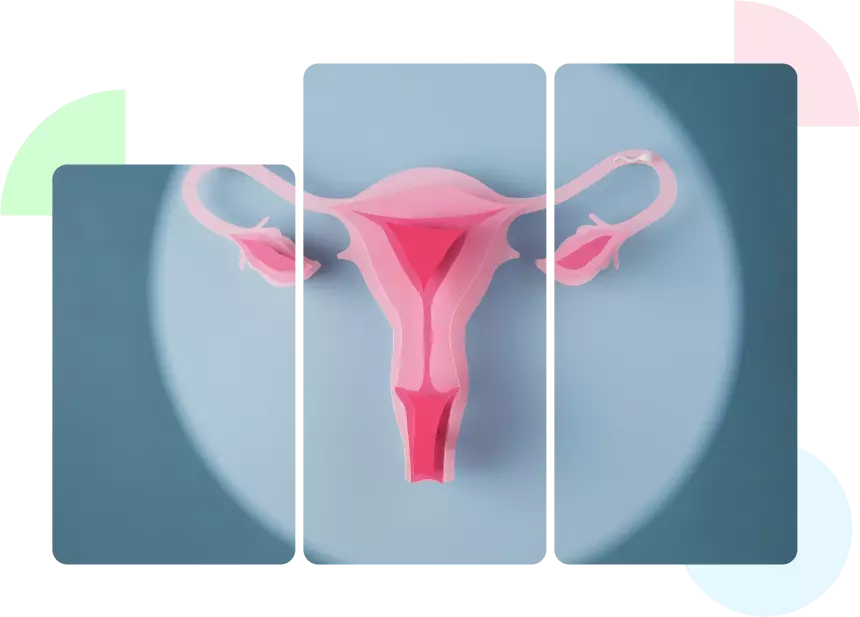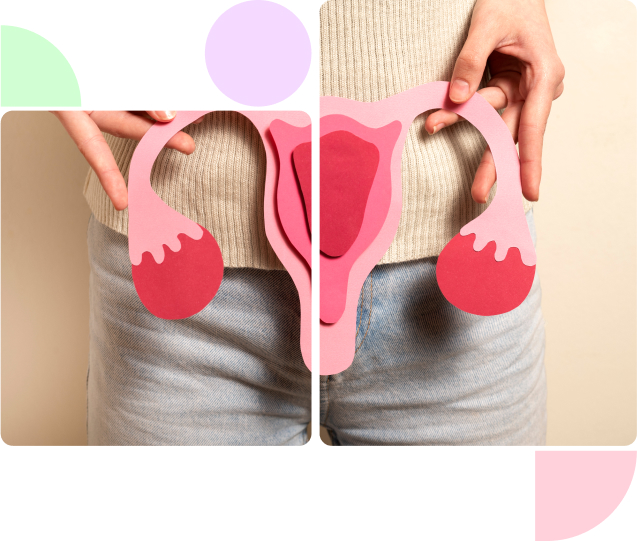What is PCOD?
PCOD is a condition where a woman's ovaries produce excessive male hormones, causing various symptoms and complications.


Are you looking for the best PCOD treatment in Chennai? Our PCOD specialist doctor in Chennai offers personalized care to help you regain control of your health. Schedule your consultation today!
PCOD stands for Polycystic Ovarian Disease. It’s a common condition affecting women’s hormone levels. Women with PCOD produce higher-than-normal amounts of male hormones. This imbalance causes them to skip menstrual periods and makes it harder to get pregnant. PCOD also leads to hair growth on the face and body and baldness. It can contribute to long-term health problems like diabetes and heart disease.


PCOD has various symptoms that can vary from woman to woman. Here are the most common ones:
The exact cause of PCOD is unknown. However, several factors are thought to contribute:


PCOD can result in several complications if not managed properly:
At Parampara Fertility & Gynaec Centre, we offer specialized care for women with PCOD. Here’s why we are your best choice:


Diagnosing PCOD involves several steps:
While there is no cure for PCOD, treatment can help manage symptoms and prevent complications:


While PCOD cannot always be prevented, specific lifestyle changes can reduce your risk:
PCOD is a condition where a woman's ovaries produce excessive male hormones, causing various symptoms and complications.
Common symptoms include irregular periods, heavy bleeding, excess hair growth, acne, weight gain, and male-pattern baldness.
Factors include excess insulin, low-grade inflammation, heredity, and excess androgen.
Diagnosis involves medical history, physical exams, blood tests, and ultrasounds.

| No. 72, Ormes Road, Kilpauk, Chennai – 600 010. | |
|
+91- 44 - 4903 4904, +91- 72005 11234 |
|
| info@paramparafertility.com |
Copyrights © 2025 Parampara Fertility And Gynaec Centre. All Rights Reserved.
Healthcare Digital Marketing by Harvee Healthcare